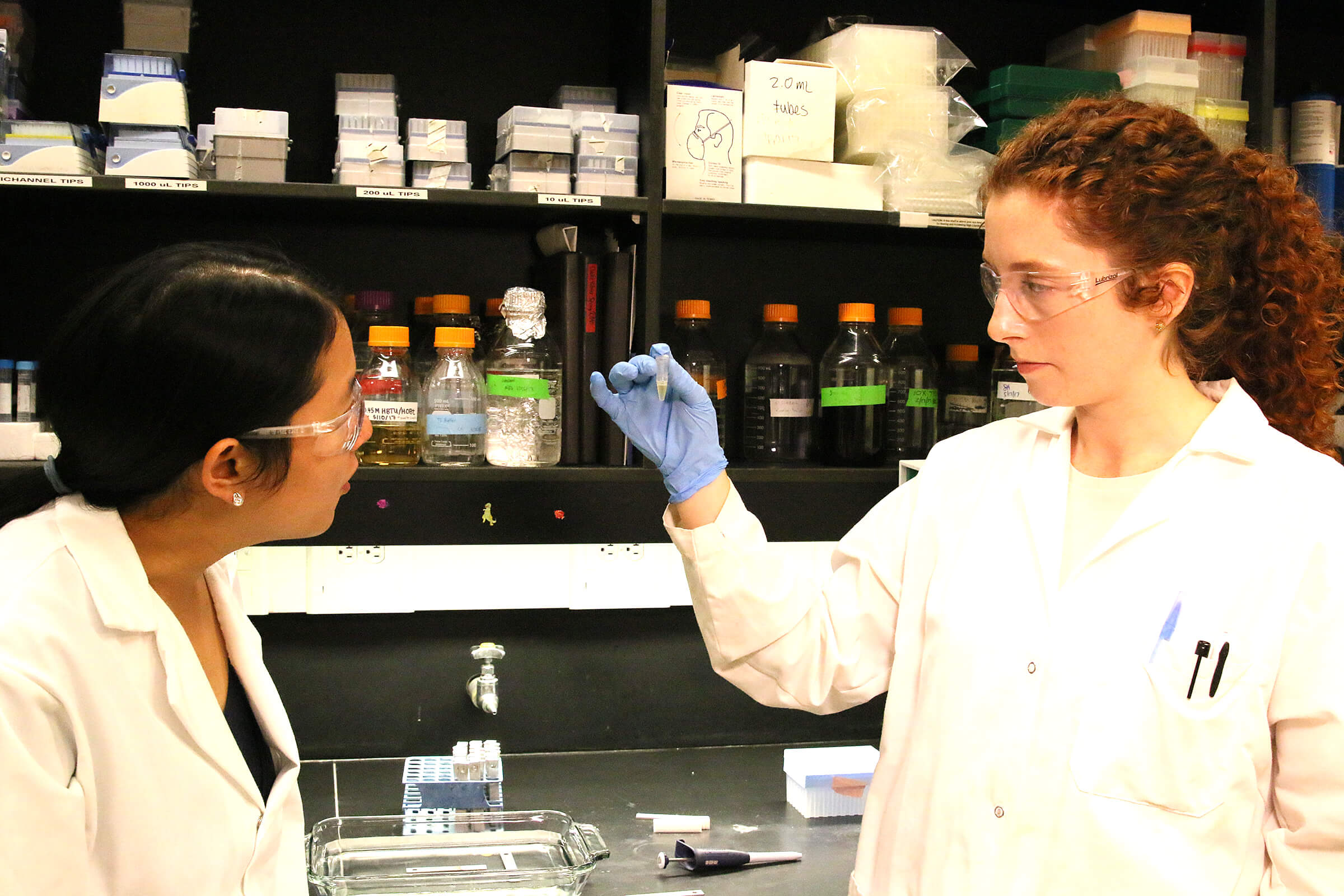A nontoxic glue modeled after adhesive proteins produced by mussels and other creatures has been found to outperform commercially available products, pointing toward potential surgical glues to replace sutures and staples.

Most adhesives do not work well in moist environments because water interferes with the adhesion process. While developing adhesives that overcome this problem is challenging, glues for medical applications must meet an additional requirement: they must be nontoxic and biocompatible, as well.
In efforts to develop better alternatives, researchers have been inspired by natural glues. The new adhesive material is called ELY16, an “elastin-like polypeptide,” or ELP. It contains elastin, a highly elastic protein found in connective tissue, and tyrosine, an amino acid. The ELY16 was modified by adding the enzyme tyrosinase, converting tyrosine into the adhesive DOPA molecule and forming mELY16.
Both ELY16 and mELY16 are not toxic to cells and work well under dry conditions. Modification with DOPA increases adhesion strength in highly humid conditions. Moreover, the modified version is “tunable” to varying environmental conditions and might be engineered to match the properties of different tissue types.



